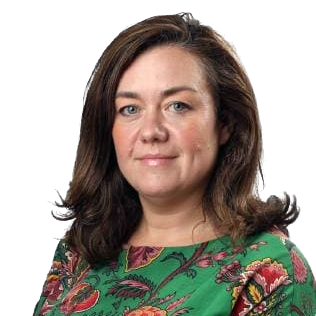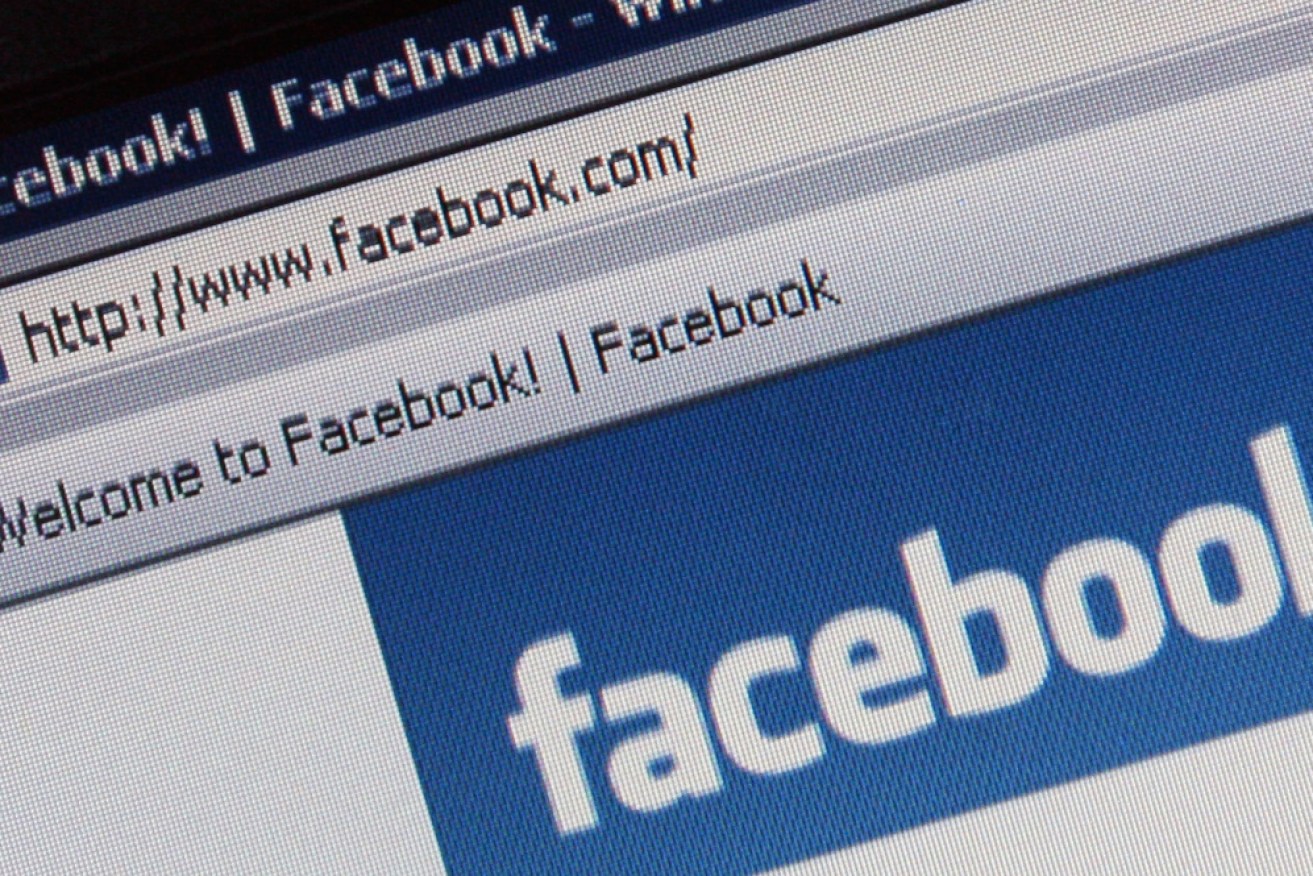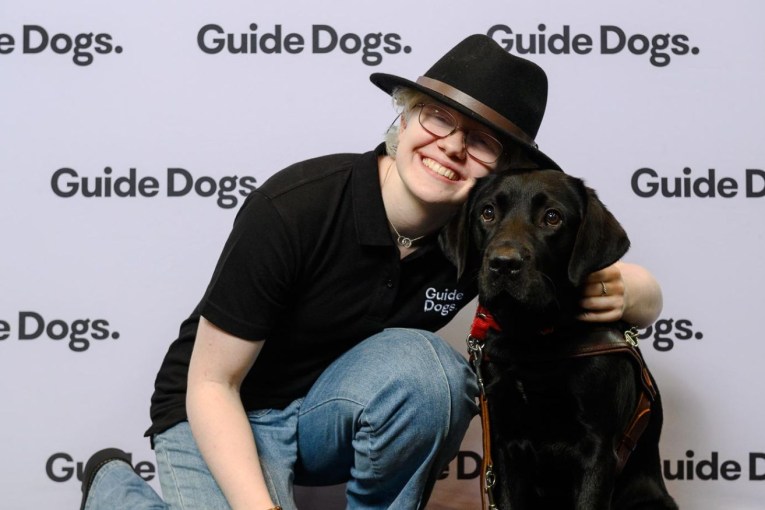Facebook denies promoting ‘death tax’ during election campaign


The AFP commissioner says encrypted messaging is contributing to the rape of children. Photo: Getty
Facebook has revealed it “demoted” thousands of death tax posts during the 2019 election campaign, dismissing claims it failed to act on fake news.
In a submission to Parliament, the social media giant revealed it moved to limit the spread of what the Labor Party slammed as “fake news” during the campaign.
“Since the 2019 Australian election, there has been some media reporting suggesting a prevalence of ‘death tax’-related misinformation on Facebook that related to claims of an agreement between the Australian Labor Party and the Australian Greens to introduce a 40 per cent inheritance tax,” the submission states.
“We believe it is important to highlight a number of key facts around the actions we took at the time.
“Where the inheritance tax discussion related to content that was fact checked as false by our third-party fact checkers, thousands of posts were subsequently demoted in Newsfeed, resulting in less distribution.”

Speculation was rife about a “death tax”. Photo: Facebook
However, Facebook said it did not plan to censor voters from having political discussions.
“Most of the discussions about inheritance taxes on our platform during the federal election came from ordinary Australians expressing their personal opinions or from elected politicians or political parties,” the Facebook submission states.
“Facebook does not believe that it’s an appropriate role for us to be the arbiter of truth over content shared by ordinary Australians or to referee political debates and prevent a politician’s speech from reaching its audience and being subject to public debate and scrutiny.”
The Joint Standing Committee on Electoral Matters is currently investigating the 2019 election, as it does after every campaign.
For the first time, Facebook also revealed it removed two instances of “co-ordinated inauthentic behaviour” – fake accounts spreading fake news to mislead voters but it did not explain who or what this activity related to.
Facebook also blocked advertisements from overseas relating to the election.
“The restriction took effect the day after the election was called and applied to ads we determined to be coming from foreign entities that were of an electoral nature, meaning they contained references to politicians, parties or election suppression,” the submission states.
In a submission from the Liberal Party’s federal director Andrew Hirst, the Coalition also calls for pre-poll votes to be restricted to two weeks, instead of three weeks.
“Millions of Australians are now voting when many key aspects of an Australian election campaign – such as the release of major policies, campaign launches, leaders’ debates, and ‘free-time’ election broadcasts – have not yet taken place,” the submission states.
“There has been a dramatic increase in the number of Australians voting early.”
The number of Australians voting before election day has quadrupled from one million voters in 2010 to 4.77 million this year.
The Electoral Act outlines specific reasons for which voters are eligible to vote by pre-poll, such as if you are:
Outside the electorate where you are enrolled to vote;
- More than 8km from a polling place;
- Travelling;
- Unable to leave your workplace to vote;
- Seriously ill, infirm or due to give birth shortly (or caring for someone who is);
- A patient in hospital and can’t vote at the hospital;
- Have religious beliefs that prevent you from attending a polling place;
- In prison serving a sentence of less than three years or otherwise detained;
- A silent elector; and
- Have a reasonable fear for your safety.
“Clearly, a four-fold increase since 2010 in the number of Australians voting at pre-poll can’t be explained by a four-fold increase in the number of people who are unable to vote for one of these reasons,” Mr Hirst said.








